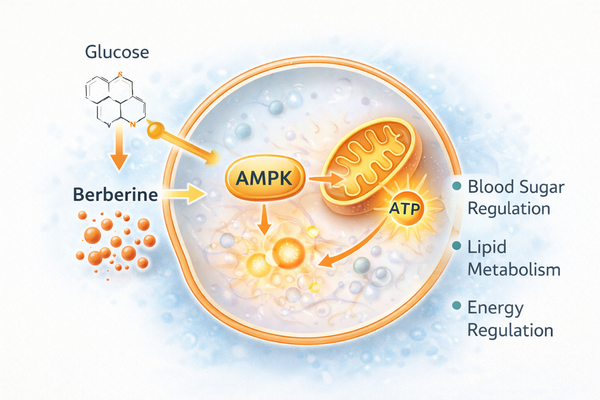The Role of Omega-3 in Managing Triglycerides: Evidence-Based Insights

Introduction
Triglycerides are a type of fat stored in your blood. While they provide energy, elevated triglyceride levels are linked to heart disease, fatty liver, and metabolic syndrome. Research consistently shows that omega-3 fatty acids play a powerful role in lowering triglycerides and supporting cardiovascular health. This article explores the mechanisms, clinical evidence, and practical strategies for incorporating omega-3 into daily life.
Why Omega-3 Matters
Omega-3 fatty acids, particularly EPA (eicosapentaenoic acid) and DHA (docosahexaenoic acid), have been shown to:
- Lower triglyceride levels by reducing the liver’s production of very-low-density lipoproteins (VLDL).
- Improve cardiovascular function by supporting anti-inflammatory pathways.
- Enhance cell membrane flexibility, which benefits heart rhythm and brain function.
Health organizations, including the American Heart Association, recommend regular intake of omega-3s for individuals with high triglycerides.
Scientific Evidence
- Clinical Trials
- Randomized controlled trials have demonstrated reductions in triglycerides ranging from 20% to 30% with omega-3 supplementation.
- Prescription-strength omega-3 formulations are FDA-approved specifically for hypertriglyceridemia.
- Meta-Analyses
- A 2019 meta-analysis covering 38 clinical studies concluded that 2 to 4 grams of omega-3 per day significantly lowers triglycerides without harmful effects on LDL cholesterol.
Sources of Omega-3
Omega-3 fatty acids can be obtained through both natural foods and supplements:
- Marine Sources: Salmon, mackerel, sardines, and anchovies.
- Plant Sources: Flaxseeds, chia seeds, and walnuts (rich in ALA, a precursor to EPA/DHA).
- Supplements: Fish oil, krill oil, and algae-based products.
Practical Guidelines
- Consistency matters: Benefits are best achieved when omega-3s are consumed daily.
- Check purity: Choose supplements tested for heavy metals and contaminants.
- Balance intake: Combine omega-3s with a diet low in refined carbs and added sugars for maximum impact on triglyceride reduction.
Lifestyle Integration
- Pair omega-3 intake with regular exercise and weight management.
- Monitor triglyceride levels through regular blood tests to track progress.
- Seek medical advice if triglyceride levels remain elevated despite dietary and lifestyle efforts.
Conclusion
Omega-3 fatty acids represent one of the most scientifically validated strategies for reducing triglycerides naturally. Whether through diet or supplementation, incorporating omega-3s into your routine provides measurable benefits for heart health, metabolic balance, and long-term well-being.



